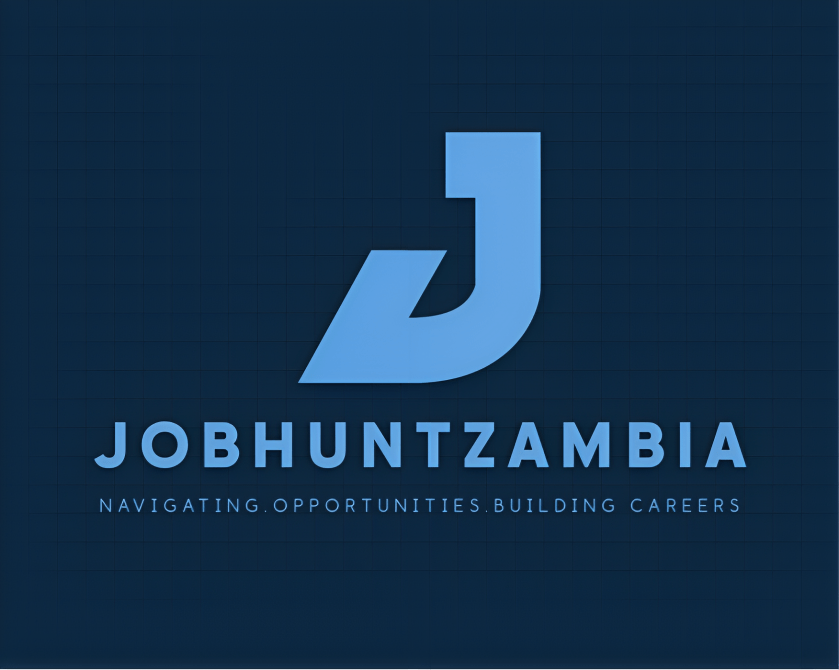
Embarking on the journey of one’s career is an exciting yet daunting prospect for many individuals. Among the myriad decisions to be made, one of the most significant is the choice of one’s first job. While there’s often pressure to secure employment immediately after graduation or entering the workforce, there’s merit in considering the possibility that your first job might not be the perfect fit. Exploring various options and being open to alternative paths can lead to greater long-term satisfaction and professional growth.
1. Limited Exposure
Choosing your first job hastily may result in limited exposure to different industries, roles, and work environments. It’s akin to sampling only one dish from a vast buffet; you might miss out on discovering your true preferences and strengths. By being open to exploration, you allow yourself the opportunity to experience a diverse array of career paths, which can provide invaluable insights into what truly resonates with you.
2. Evolving Priorities
As you embark on your career journey, your priorities, interests, and goals are likely to evolve. What you envision for yourself professionally at the outset may undergo significant changes over time. Therefore, locking yourself into a particular job or industry prematurely can restrict your flexibility to adapt to these shifts. Embracing a mindset of exploration allows you to remain open to new opportunities that align more closely with your evolving aspirations.
3. Skills Development
The first job you land may not necessarily offer the ideal platform for honing your skills and talents. While any job provides an opportunity for learning and growth, some roles may offer more extensive training, mentorship, and development opportunities than others. By exploring different options, you increase the likelihood of finding positions that facilitate your professional development and allow you to acquire valuable skills that will serve you throughout your career.
4. Cultural Fit
Cultural fit plays a crucial role in determining job satisfaction and longevity within an organization. Your first job may not necessarily align with your values, work style, or preferences regarding organizational culture. By exploring multiple opportunities, you gain a better understanding of what type of work environment fosters your productivity, engagement, and well-being. This insight can guide you towards employers whose values and culture resonate with your own, enhancing your overall job satisfaction and sense of belonging.
5. Networking Opportunities
Every job presents an opportunity to expand your professional network, which can be instrumental in advancing your career. By exploring various roles and industries, you have the chance to connect with professionals from diverse backgrounds who can offer valuable advice, mentorship, and potential career opportunities down the line. Building a robust network early on can open doors to unforeseen possibilities and accelerate your career trajectory.
In conclusion, while the pressure to choose the perfect first job may be daunting, it’s essential to recognize that the path to a fulfilling career is rarely linear. By embracing the mindset of exploration, you empower yourself to make informed decisions, expand your horizons, and discover opportunities that align with your evolving aspirations and values. Remember that your first job is just one step in a lifelong journey of growth and discovery, and being open to the myriad possibilities that lie ahead can lead to a more enriching and rewarding professional experience.

